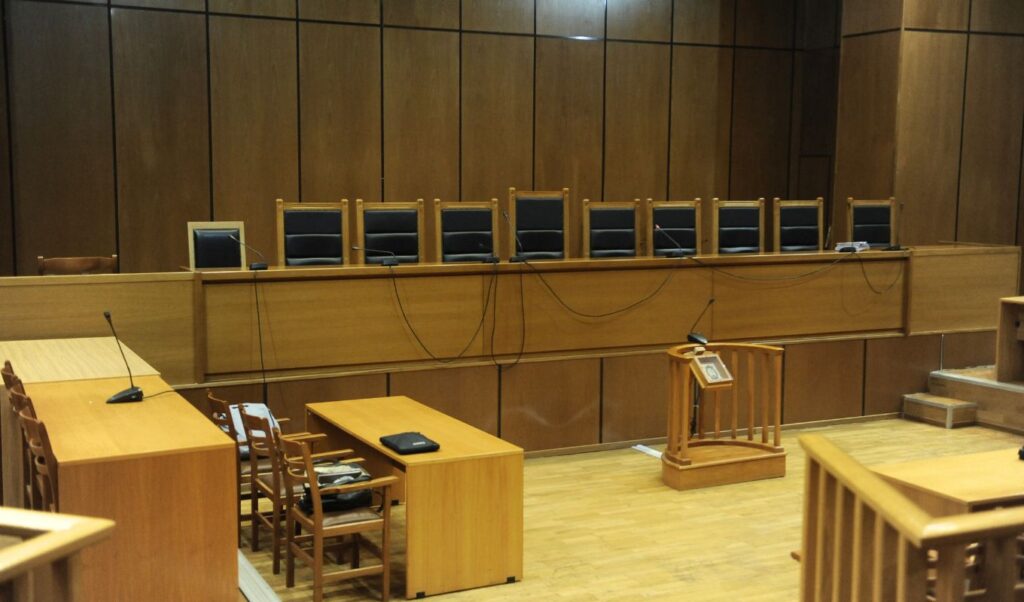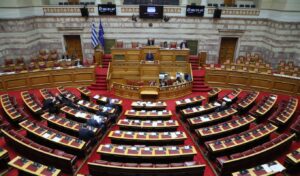The Ministry of Justice issued a statement emphasizing that the Constitution “prohibits any form of strikes by judicial officials” following the decision of the Union of Judges and Prosecutors for judges to participate in work stoppages as a sign of protest against the new Civil Procedure Code bill.
However, as the statement noted, the Justice Ministry “does not justify the abstention of judicial officials from executing their duties”.
Judges’ work stoppage
Specifically, as a sign of protest against the Justice Ministry’s bill for the new Civil Procedure Code, the Administrative Council of the Union of Judges and Prosecutors decided that judges would participate in two-hour work stoppages from 10 am to 12 pm, from Monday, June 30 through Wednesday, July 2, 2025.
Today, the Justice Ministry stated in its announcement that the formation and development of the new Civil Procedure Code bill, “which serves to upgrade the quality and accelerate civil trials does not justify the abstention of judicial officials from executing their duties” and added: “Not only is it premature but it prejudges the ethics of consultation and is in contradiction with the current constitutional provision, which prohibits any form of strike by judicial officials”.
Justice Ministry: The announcement regarding judges’ work stoppage
“The draft law titled: “Interventions in the Civil Procedure Code – Amendments regarding the publication of wills – Amendments to the regulatory framework of appeals against enforcement with the aim of expediting trials – Other provisions under the jurisdiction of the Justice Ministry”, which has been put up for public consultation, is the result of thorough processing by prominent lawyers, academics, senior and supreme judges and attorneys, while a representative of the “Union of Judges and Prosecutors” participated in its drafting at all stages of its formation.
The Justice Ministry, during the consultation period, alongside the ongoing dialogue with social partners, awaits comments and observations, aiming to improve and supplement the proposed provisions. In this context, judicial officials and their representatives are in daily communication with the ministry.
Any partial disagreement of the “Union of Judges and Prosecutors” with a bill that is under formation and development, which serves to upgrade the quality and accelerate civil trials, does not justify the abstention of judicial officials from executing their duties. Not only is it premature but it prejudges the ethics of consultation and is in contradiction with the current constitutional provision, which prohibits any form of strike by judicial officials”.




